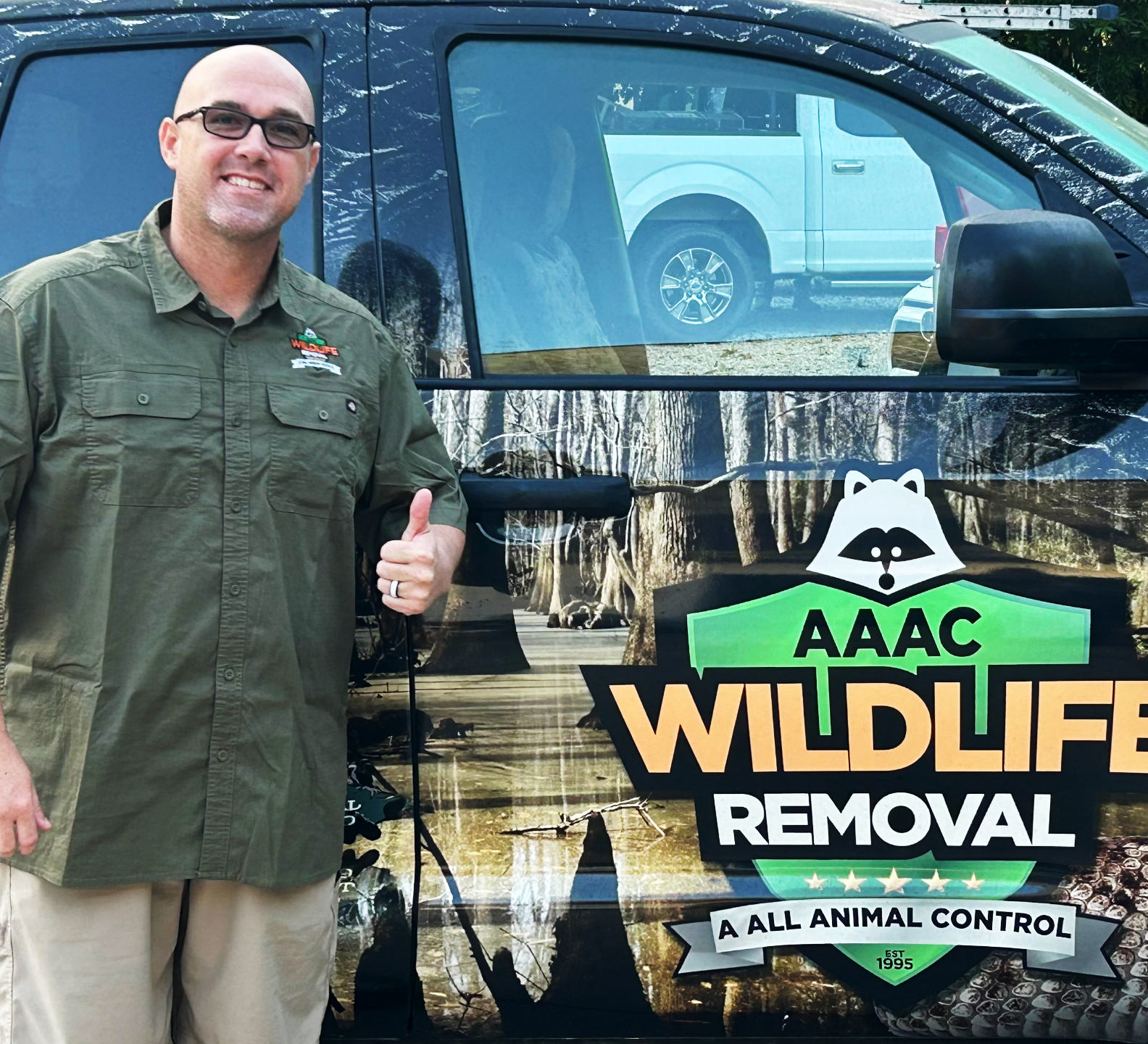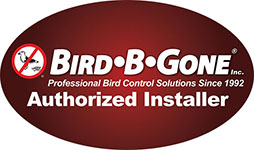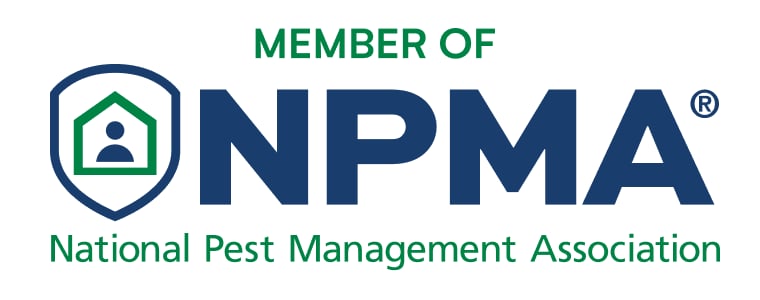One of a San Antonio home owner’s worst nightmares is to find that they have a rat problem. Due to the fact that they are tiny, they can creep through practically every opening and fracture inside your house or business.
A rat infestation is a substantial issue that really needs to be controlled and must not be taken lightly. They will cause property damage by chewing wires, gnawing on pipes, damaging your attic, and they are a significant wellness risk due to the scat they leave all over and due to the health conditions that they can transmit through their bite.
Rat-borne disease spread in the home
The principal vector for rat borne disease transmission to humans is through rat droppings. San Antonio Rats do not have a very civil sense of waste elimination. They are out of control! They don’t think of your preferences when they choose where to make use of the toilet. The sad result is, that they often do so all over your house. This includes areas like your attic, kitchen counters, closets, below furniture, inside walls and vents. Whenever feces collects from any type of sort of animal, the risk of disease transmission to humans and family pets skyrockets.
Rats Transmit Hantavirus
Rats can transmit the highly transmittable virus called the hantavirus. This illness can be passed to people when they enter into contact with rat droppings, urine, or nesting materials. This risk makes it vital to control your rat infestation. If you venture in to a rat infested attic and mingle with animal waste, or you have a water leak that spreads out through rat urine or droppings, the hantavirus can end up being aerosolized and enter your lungs with the oxygen you inhale.
The hantavirus symptoms look like that of the common flu virus: fever, muscle pains, tiredness, impaired breathing, chills, etc. There is no well-known cure for the hantavirus, and signs and symptoms need to pass normally. If you catch the infection in this fashion, it is important to control access to yourself from friends and family until the infectious period can pass (typically around 2 weeks).
Damage and Hazards caused by Rats in San Antonio, TX
Rats cause all sorts of destruction to your home. They have no problem tearing open your roofing system, sheet-rock, and insulation. They do this because they are seeking food to consume, water to drink, and secure and comfy areas to sleep. Rats also have teeth that continue to grow throughout the course of their lives, so they really need to grind them down. Here are the major sorts of damage and hazard that they cause
- Chew through water pipes: Like various types of rodents, a Rat’s front teeth don’t stop growing. Rats will certainly chew on steel pipes to grind their teeth down, and through PVC pipelines to access water from the line. A control program reduces this risk.
- Water leakages: If you fail to control a rodent infestation, it’s not a surprise that you could have a dripping pipe or a complete blow wet spot forming in your house.
- Chew through wires: Wires are another vulnerable target for Rats with teething issues.
- Fire Risk: When rats chew through wires, you run a high risk of fire from shorts.
Closing off Rodent Entry Points and Rodent Removal Services for your House or lawn
A rat can squeeze through a gap the size of a quarter because it has ribs that hinge at the spinal column, making them collapsible. Even if the hole is quite small, rats native to Texas are natural chewers and will certainly broaden small openings until they are big enough to invite all types of wildlife inside. They have extremely sharp teeth and do not mind using them to make their entry ways a lot more accessible.
Can you believe Rats are able to climb almost any rough surface? That means they can gain access to your home from well above ground level.
One of the most usual entrance points that we see during a control program are A/C tubing exhaust gaps in your homes siding. We also see a great deal of rats get in through the roof and eve areas, making it very easy for them to pop right into your attic. Garage doors a huge problem, as they are not sealed nearly as well as regular doors into your house.
It’s also important to look into exterior control issues, like gaps in your foundation, openings in pipes, and loose screens. Do It Yourself home repair and upgrades can commonly introduce gaps that wildlife are eager to make use of.
Rodent Behavior
San Antonio area Rats and mice have different preferences, but you need to understand that they are all omnivorous (meaning they will certainly eat both plants and animals) when they are on an empty stomach. Rat teeth continue to grow until the animal passes away, so it is important for them to on a regular basis grind their teeth to control the growth. If you hear scraping or gnawing sounds in the evening, this is likely the reason. Due to this, rats have a high potential for causing substantial property destruction.
Rats and rodents have a tendency to be nocturnal, unless their environment ends up being stressful. A risk of malnourishment or a predator might make rats active during the day. Rats enjoy all kinds of environments, including ground burrows, trees and thick foliage, wet sewers, and also inside attics.
Rats native to San Antonio are generally very scared of human beings, and they are clever enough to stay out of sight, and do their best to stay out of mind. They have an exceptional sense of smell that will tell them when possible predators are nearby, so they are typically well out of site before you stroll into a room. Because of this, you are not likely to catch them red handed trashing your things.
San Antonio Rat and Rodent Control Services: General Steps
1. Assessment
The most fundamental part of a rodent removal and control program is the assessment. Our Rodent Control team makes sure to do a complete assessment of your house. Our job is to recognize exactly how precisely these rats and rodents have been obtaining access to begin with so that we can proceed our removal services. We examine your attic, roof, pipelines, structure and outside walls for gaps and holes that your rats could be slipping through. We also make certain to inspect nearby lawn, trees, bushes, and poles that rats and rodents could climb to get roof access. When we see these risk factors and access points, we have a good idea of where rats have entered your house and made their nests.
2. Rat and Rodent Exclusion
Now that our control team has actually identified the hotspots and entrance points, we know precisely how your rodents have been getting in and out of your home. Before we take any kind of extermination action, it’s crucial that your rodent control team seals these holes and openings. One of the most effective options is to make use of steel wire mesh. This mesh allows crucial openings like vents to stay open, but has small enough openings to control wildlife entry. The mesh we utilize is made out of strong, galvanized steel so rodents can not chew through it.
3. Rat Extermination and Removal
Now that we’ve seen to it that new rats and rodents can not get in, it’s time to move on to the major control procedure. There are no methods that are both efficient and completely humane to deal with a rodent control problem, so we employ the use of snap traps to quickly and promptly take care of an interior Rat issue. We have spent a number of years sharpening our trapping and control skills, so we know the very best methods, locations for traps, and the appropriate bait to use. We follow all state laws in Texas when it comes to Rat extermination.
We absolutely refuse to utilize poisonous substances to control a rat population, particularly inside your house. It’s never ever a good strategy to introduce poisonous substance control into an environment that you, your loved ones, and family pets reside in. It is an entirely unnecessary risk! Also, the majority of poisons cause rats and rodents to search frantically for water before they dehydrate. This will place your water lines in serious danger.
4. Rat & Rodent Feces Decontamination
If your control program achieves success, your rats are gone, however the danger is not. Rat waste is a significant vector for disease transfer to humans. It is also just plain nasty! Rodent urine, droppings, and nesting materials need to be effectively and safely removed and sanitized. If we missed this step, you would certainly have a biological time bomb sitting in your attic, inside your walls, or in your basement. We utilize personal protective equipment and special chemicals to effectively decontaminate your house after an infestation has indeed been resolved.
5. Rat Damage Repair
It’s likely that your rats did a number on your house. They might have trashed your insulation, damaged your pipes, chewed through your wires, or harmed your HVAC system. Our AAAC Wildlife Removal pros are also very well trained and talented at wildlife damage repair work. We will return your house to like new condition!










